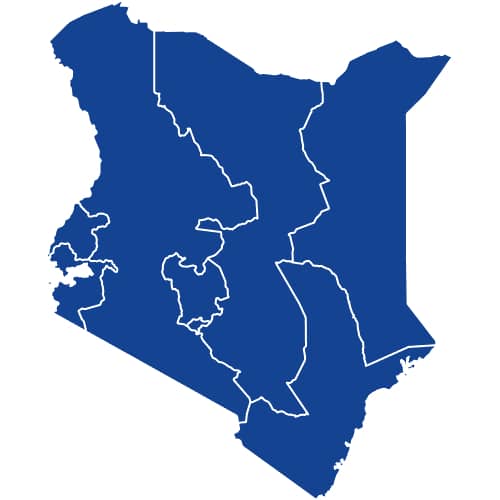According to the FATF website, since February 2024, when Kenya made a high-level political commitment to work with the FATF and ESAAMLG to strengthen the effectiveness of its AML/CFT regime, the country has taken steps towards improving its AML/CFT regime, including by updating its national AML/CFT strategies in line with the identified ML/TF risks.
Kenya is currently working to implement its FATF action plan to address its strategic deficiencies, including by: (1) presenting the results of the NRA and other risk assessments in a consistent manner to competent authorities and the private sector; (2) improving risk-based AML/CFT supervision of FIs and DNFBPs and adopting a legal framework for the licensing and supervision of VASPs; (3) enhancing the understanding of preventive measures by FIs and DNFBPs, including to increase STR filing and implement TFS without delay; (4) designating an authority for the regulation of trusts and collection of accurate and up-to-date beneficial ownership information and implementing remedial actions for breaches of compliance with transparency requirements for legal persons and arrangements; (5) improving the use and quality of financial intelligence products; (6) increasing ML and TF investigations and prosecutions in line with risks; (7) bringing the TFS framework in compliance with R.6 and ensure its effective implementation; and (8) revising the framework for NPO regulation and oversight to ensure that mitigating measures are risk-based and do not disrupt or discourage legitimate NPO activity.






